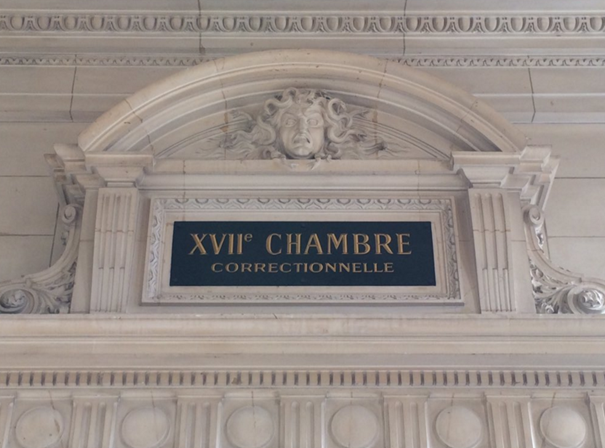
On October 17, a triple trial took place at the Paris tribunal (17th chamber, medias chamber). The trial involved Maxime Gauin, scholar in residence at AVİM, against Jean-Marc “Ara” Toranian, chief of the political branch of the ASALA in France from 1976 to 1983, currently co-chairman of the Coordination Council of France’s Armenian Associations and editor of the monthly Les Nouvelles d’Arménie magazine, and Samuel Tilbian, treasurer of the Federation of Armenian Associations in Rhône-Alpes (Lyon’s region).
The first case is against Mr. Toranian and Mr. Tilbian together, the second for having written defamatory words, the first for having not removed the message until two months had passed, in spite of the fact that he was (and still is) the editor of the website. In the said message, Maxime Gauin was called “a true hack at the service of Turkish Fascism” and “a certified denialist.”
The second case is against Mr. Tilbian only, regarding his messages calling the same victim “a pathetic civil servant of the Turkish Fascist administration, whose IQ must be barely 75,” one of “those [who] make Nazism an efficient machine,” and who was “hired by the Turkish Fascist state as professional falsifier in historical matters,” and “a Faurisson, a Dieudonné, a Soral.” To inform the reader; Robert Faurisson is one of the most famous Holocaust deniers,[1] Dieudonné M’Bala M’Bala has been sentenced several times for incitement to hatred and insult against the Jews (including for a short show with Robert Faurisson),[2] and Alain Soral is a writer who turned to the far right around 2004, and who too has been sentenced several times for defamation and for making racist statements.[3]
The third case is against Mr. Toranian only, for three excerpts of an editorial he published on his website, one accusing his victim being able to write anything and its opposite according to the audience, one accusing the victim of spreading “the denialist theses of Turkey on the Armenian genocide,” and one comparing him with Robert Faurisson.
A part of these attacks that have been sued by the victim, Maxime Gauin, as defamation, and the rest (those who are not articulated on precise facts, such as “Faurisson, Dieudonné, Soral”) as insults, in conformity with the French Law of 29 July 1881 that establishes the distinction between defamation and insult, and of the Constant Case Law that considers a general attack against honor -without concrete accusation- to be an insult. No offer of evidence was filed for the said defamatory words. As a result, the defense argued on good faith only, and even pretended (without any basis) that the traditional criteria for good faith (a minimum of factual basis, prudence in the wording, absence of personal animosity, legitimacy of the pursued goal) are not required anymore. Instead of engaging in any discussion on Maxime Gauin’s scholarly publications, the defense made general attacks against Turkey, tried to link the plaintiff with the Turkish state (without any evidence) and made irrelevant references to Holocaust denial. There was no attempt to discuss the decision of the French Constitutional Council in January 2017, ruling that the tragedy of 1915 and the rest of events which were not judged by a French or international court recognized by France “may be the subject of historical debates,”[4] unlike the genocide of the Jews by the Nazi regime.[5] Regarding the European Court of Human Rights’ (ECtHR) Perinçek v. Switzerland case, the defense quoted one irrelevant sentence of the ECtHR Second Chamber decision, and completely ignored the distinction made by the ECtHR between the controversy regarding 1915 and Holocaust denial:
“175. […] The Swiss Government had not duly showed that this rejection had promoted racial discrimination of the Armenian community in Switzerland, and there was no basis automatically to infer from it racist and nationalistic motives or an intention to discriminate. The main difference in this respect with statements relating to the Holocaust, whose denial today was one of the main vehicles of anti-Semitism, was the lack of connection between past and present hate. […]
231. […] He [Doğu Perinçek] took part in a long-standing controversy that the Court has, in a number of cases against Turkey, already accepted as relating to an issue of public concern (see paragraphs 221 and 223 above), and described as a ‘heated debate, not only within Turkey but also in the international arena’ (see paragraph 224 above).”[6]
Correspondingly, the two defense witnesses, Yves Ternon and Raymond Kévorkian, did not make any criticism of Maxime Gauin’s work and were not able to give a single example of falsification. Regarding the insults, the defense did not try argue that there is the excuse of provocation (unlike Movsès Nissanian’s failed defense against the same Maxime Gauin in 2009-2010),[7] but just pretended that they are not insults, but rather opinions, or at worst, defamations. The defense tried to compensate this extreme legal weakness with a lot of pathos, and the defendants shamelessly presented themselves as victims of “Turkish denialism.”
Jean-Marc “Ara” Toranian and Samuel Tilbian are defended by Henri Leclerc, who previously defended JCAG and ASALA terrorists in France, together with Patrick Devedjian.[8] Maxime Gauin is defended by Patrick Maisonneuve, the counsel of the Managing Director of the International Monetary Fund Christine Lagarde and tennis player Rafael Nadal. The verdict will be pronounced on November 28, 2017.
[1] See, e.g., Faurisson v. France, Communication No. 550/1993, U.N. Doc. CCPR/C/58/D/550/1993(1996) (November 8, 1996), accessed November 1, 2017, http://hrlibrary.umn.edu/undocs/html/VWS55058.htm
[2] See, e.g., M’Bala M’Bala c. France, No. n° 25239/13 (European Court of Human Rights, October 20, 2015), accessed November 1, 2017, http://hudoc.echr.coe.int/eng?i=001-158752
[3] See, e.g., LDH c. Soral (Cour d’appel de Paris, June 11, 2008), accessed November 1, 2017, https://fr.scribd.com/document/282493019/Arret-de-la-cour-d-appel-de-Paris-2008
[4] Décision n° 2016-745 DC du 26 janvier 2017, § 196 (Conseil Constitutionnel de la République Française), accessed November 1, 2017, http://www.conseil-constitutionnel.fr/conseil-constitutionnel/francais/les-decisions/acces-par-date/decisions-depuis-1959/2017/2016-745-dc/decision-n-2016-745-dc-du-26-janvier-2017.148543.html
[5] Décision n° 2015-512 QPC du 8 janvier 2016 (Conseil Constitutionnel de la République Française), accessed November 1, 2017, http://www.conseil-constitutionnel.fr/conseil-constitutionnel/francais/les-decisions/acces-par-date/decisions-depuis-1959/2016/2015-512-qpc/decision-n-2015-512-qpc-du-8-janvier-2016.146840.html
[6] Perinçek v. Switzerland, No. Application no. 27510/08 (European Court of Human Rights, Grand Chamber October 15, 2015), accessed November 1 ,2017, http://hudoc.echr.coe.int/eng?i=001-158235
[7] Gauin c. Nissanian (Tribunal de grande instance de Lyon, April 27, 2010), accessed November 1, 2017, http://www.legipresse.com/media/272-06.pdf
[8] See, e.g., Comité de soutien à Max Kilndjian, Les Arméniens en cour d’assises. Terroristes ou résistants ? (Roquevaire : Parenthèses, 1983) ; “Quatre Arméniens devant leurs juges — Le Commando suicide Yeghin Kechichian répond de l’occupation sanglante du consulat de Turquie à Paris le 24 septembre 1981”, Le Monde, January 23, 1984 ; “Procès des boucs émissaires de la répression anti-arménienne à Créteil”, Hay Baykar, January 12, 1985, pp. 4-9 ; “Bobigny : la solidarité arménienne condamnée”, Hay Baykar, May 10, 1985, pp. 8-9 ; and Markar Melkonian, My Brother’s Road. An American’s Fateful Journey to Armenia (London-New York: I. B. Tauris, 2005), pp. 146-153.
© 2009-2025 Center for Eurasian Studies (AVİM) All Rights Reserved
No comments yet.
-
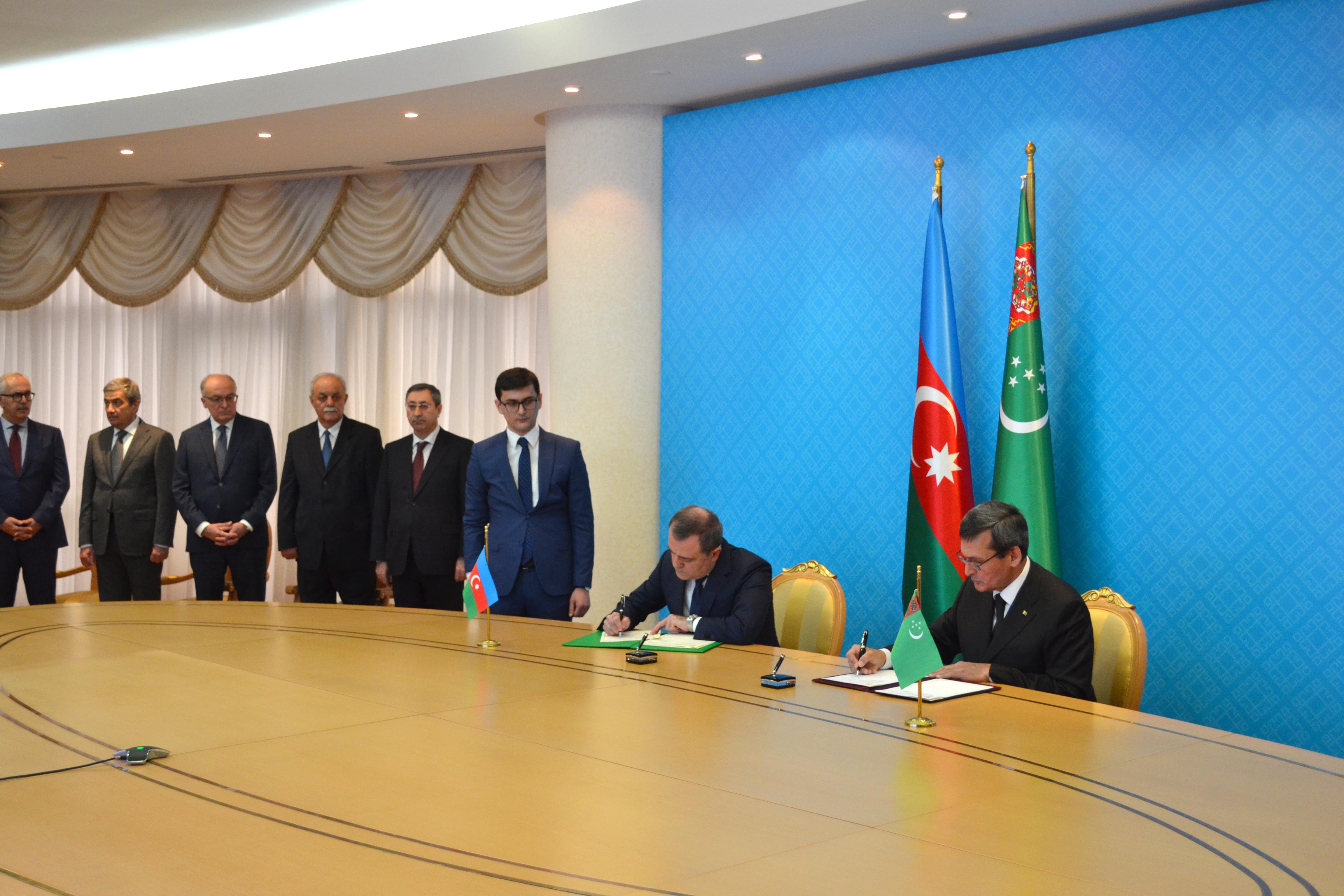 THE AZERBAIJAN-TURKMENISTAN AGREEMENT FROM A TURKISH PERSPECTIVE
THE AZERBAIJAN-TURKMENISTAN AGREEMENT FROM A TURKISH PERSPECTIVE
AVİM 11.02.2021 -
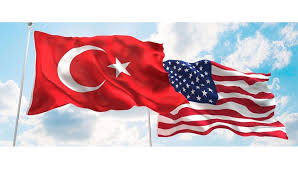 THE CLAIMS AGREEMENT BETWEEN TURKEY AND THE UNITED STATES OF AMERICA SIGNED AT ANKARA, 25 OCTOBER 1934 AND ITS LEGALLY BINDING IMPACT ON COMPENSATION CLAIMS OF US CITIZENS OF ARMENIAN DESCENT
THE CLAIMS AGREEMENT BETWEEN TURKEY AND THE UNITED STATES OF AMERICA SIGNED AT ANKARA, 25 OCTOBER 1934 AND ITS LEGALLY BINDING IMPACT ON COMPENSATION CLAIMS OF US CITIZENS OF ARMENIAN DESCENT
AVİM 14.01.2020 -
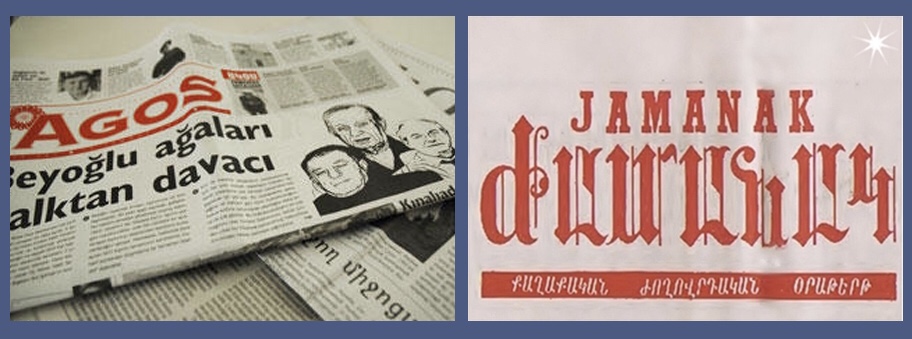 THE LAST ACT IN THE DUEL BETWEEN JAMANAK AND AGOS
THE LAST ACT IN THE DUEL BETWEEN JAMANAK AND AGOS
AVİM 17.05.2018 -
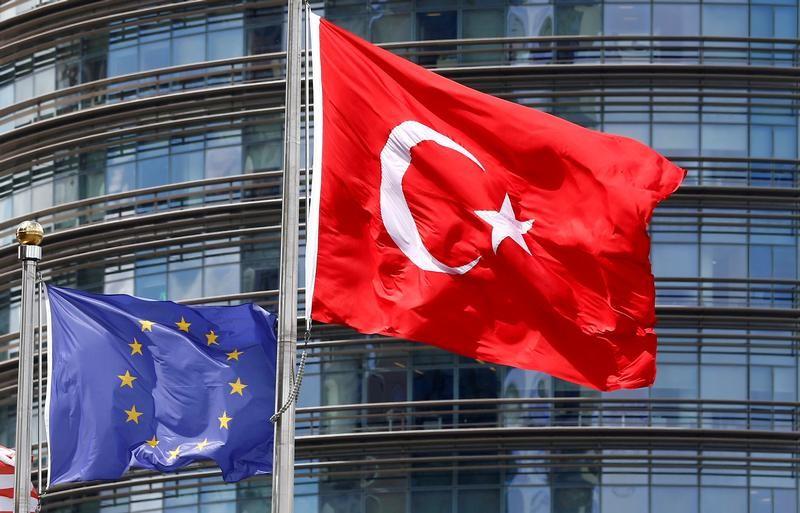 THE DECISION OF THE EUROPEAN PARLIAMENT ON TURKEY’S ACCESSION PROCESS: ADVICE FOR WHAT PURPOSE?
THE DECISION OF THE EUROPEAN PARLIAMENT ON TURKEY’S ACCESSION PROCESS: ADVICE FOR WHAT PURPOSE?
AVİM 13.07.2017 -
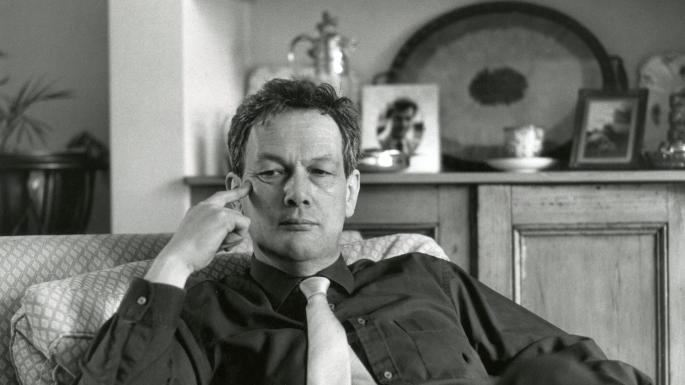 BIASED DISPARAGEMENT OF THE LATE NORMAN STONE BY TWO BRITISH DAILIES
BIASED DISPARAGEMENT OF THE LATE NORMAN STONE BY TWO BRITISH DAILIES
AVİM 16.07.2019
-
 THE NEW REVENGE OF LAW ON POLITICS
THE NEW REVENGE OF LAW ON POLITICS
Maxime GAUIN 25.10.2015 -
 HARVARD UNIVERSITY’S BELFER CENTER-UNBECOMING ACADEMICS
HARVARD UNIVERSITY’S BELFER CENTER-UNBECOMING ACADEMICS
AVİM 03.12.2019 -
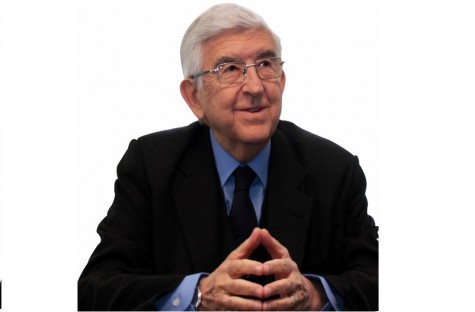 WHY TURKEY’S VIEW OF THE ARMENIAN ISSUE SHOULD NOT BE SUPPRESSED
WHY TURKEY’S VIEW OF THE ARMENIAN ISSUE SHOULD NOT BE SUPPRESSED
Özdem Sanberk 29.06.2015 -
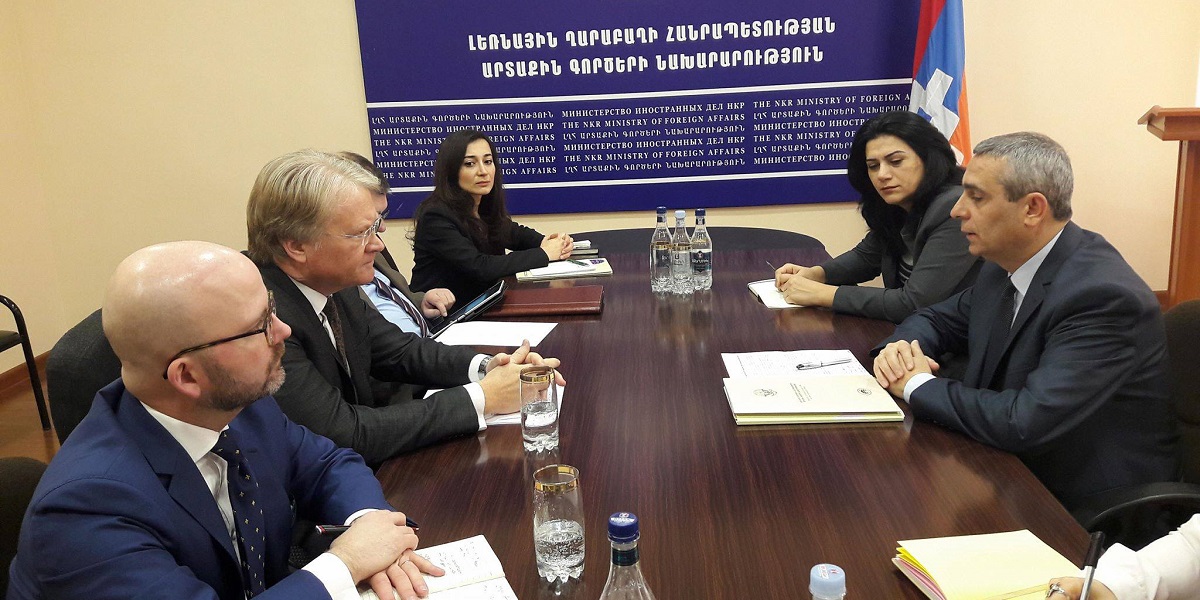 VISIT OF SWEDISH MEMBER OF THE EUROPEAN PARLIAMENT TO KARABAKH: FORGOTTEN MISERY OF AZERBAIJANIS
VISIT OF SWEDISH MEMBER OF THE EUROPEAN PARLIAMENT TO KARABAKH: FORGOTTEN MISERY OF AZERBAIJANIS
Teoman Ertuğrul TULUN 15.02.2018 -
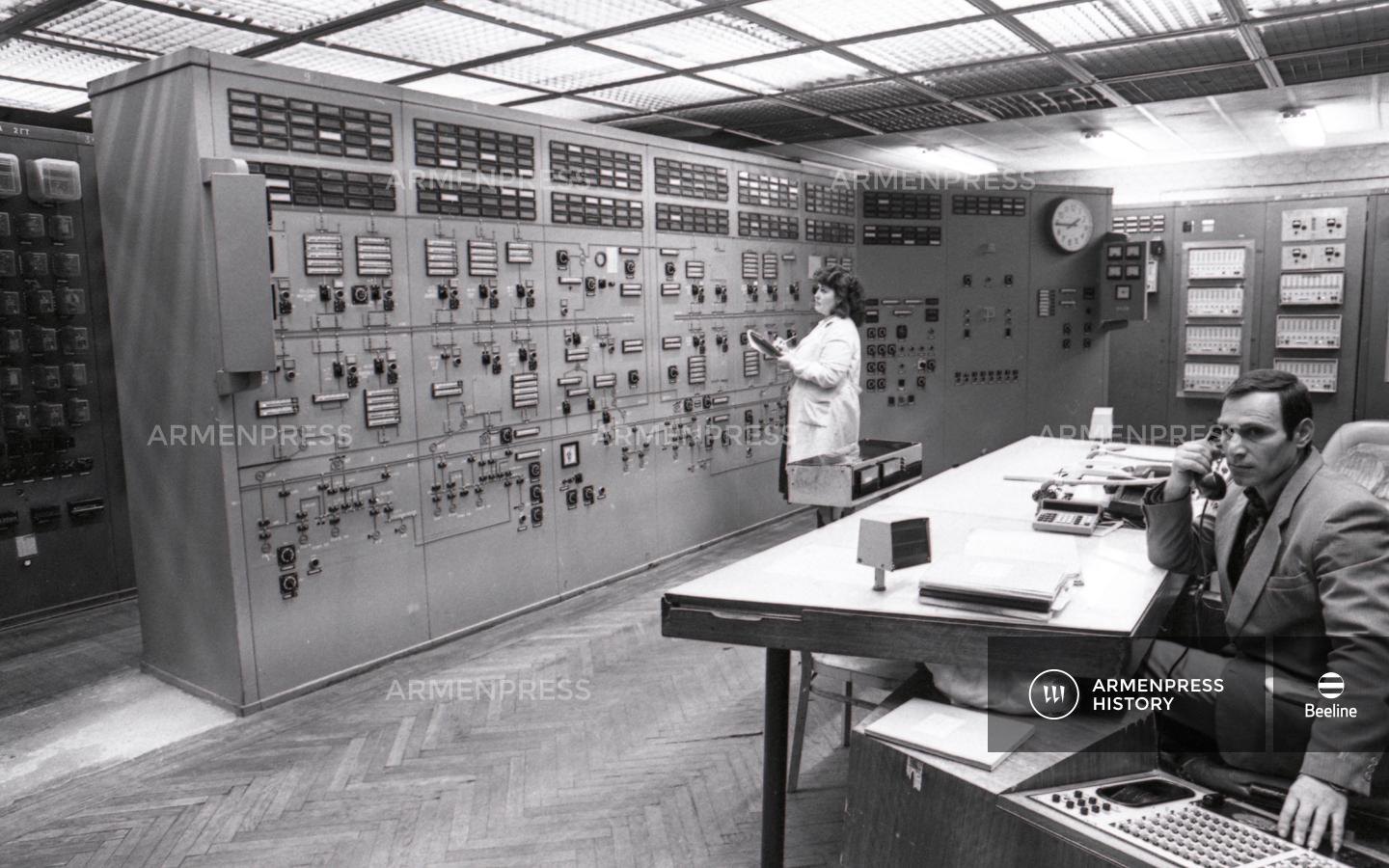 RAFAEL GROSSI’S STATEMENTS ON METSAMOR
RAFAEL GROSSI’S STATEMENTS ON METSAMOR
Tuğçe TECİMER 15.12.2023
-
25.01.2016
THE ARMENIAN QUESTION - BASIC KNOWLEDGE AND DOCUMENTATION -
12.06.2024
THE TRUTH WILL OUT -
27.03.2023
RADİKAL ERMENİ UNSURLARCA GERÇEKLEŞTİRİLEN MEZALİMLER VE VANDALİZM -
17.03.2023
PATRIOTISM PERVERTED -
23.02.2023
MEN ARE LIKE THAT -
03.02.2023
BAKÜ-TİFLİS-CEYHAN BORU HATTININ YAŞANAN TARİHİ -
16.12.2022
INTERNATIONAL SCHOLARS ON THE EVENTS OF 1915 -
07.12.2022
FAKE PHOTOS AND THE ARMENIAN PROPAGANDA -
07.12.2022
ERMENİ PROPAGANDASI VE SAHTE RESİMLER -
01.01.2022
A Letter From Japan - Strategically Mum: The Silence of the Armenians -
01.01.2022
Japonya'dan Bir Mektup - Stratejik Suskunluk: Ermenilerin Sessizliği -
03.06.2020
Anastas Mikoyan: Confessions of an Armenian Bolshevik -
08.04.2020
Sovyet Sonrası Ukrayna’da Devlet, Toplum ve Siyaset - Değişen Dinamikler, Dönüşen Kimlikler -
12.06.2018
Ermeni Sorunuyla İlgili İngiliz Belgeleri (1912-1923) - British Documents on Armenian Question (1912-1923) -
02.12.2016
Turkish-Russian Academics: A Historical Study on the Caucasus -
01.07.2016
Gürcistan'daki Müslüman Topluluklar: Azınlık Hakları, Kimlik, Siyaset -
10.03.2016
Armenian Diaspora: Diaspora, State and the Imagination of the Republic of Armenia -
24.01.2016
ERMENİ SORUNU - TEMEL BİLGİ VE BELGELER (2. BASKI)
-
AVİM Conference Hall 24.01.2023
CONFERENCE TITLED “HUNGARY’S PERSPECTIVES ON THE TURKIC WORLD"









